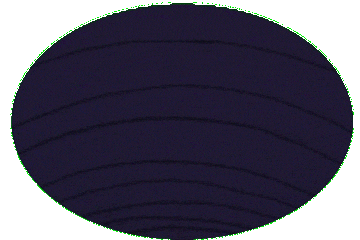Swan Lake
Swan Lake (Russian: Лебединое озеро) is a ballet composed by Russian composer Pyotr Ilyich Tchaikovsky in 1875–76. Despite its initial failure, it is now one of the most popular ballets of all time. The scenario, initially in two acts, was based on Russian and German folk tales, telling a story of Odette, a princess turned into a swan by an evil sorcerer's curse. The ballet was premiered by the Bolshoi Ballet on 4 March [O.S. 20 February] 1877 at the Bolshoi Theatre in Moscow. The choreographer of this original production was Julius Reisinger (Václav Reisinger). Most ballet companies now base their performances on the 1895 revival of Marius Petipa and Lev Ivanov, first staged for the Imperial Ballet on 15 January 1895, at the Mariinsky Theatre in St. Petersburg. For this revival, Tchaikovsky's score was revised by Riccardo Drigo.
This article uses material from the Wikipedia article "Swan Lake", which is released under the Creative Commons Attribution-Share-Alike License 3.0.
References
| Title | Summary | |
|---|---|---|
| Notes on Nilsson: The Life of a Singer-Songwriter by Alyn Shipton | ... his all-gorilla version of Swan Lake . So, in a further ... | |











